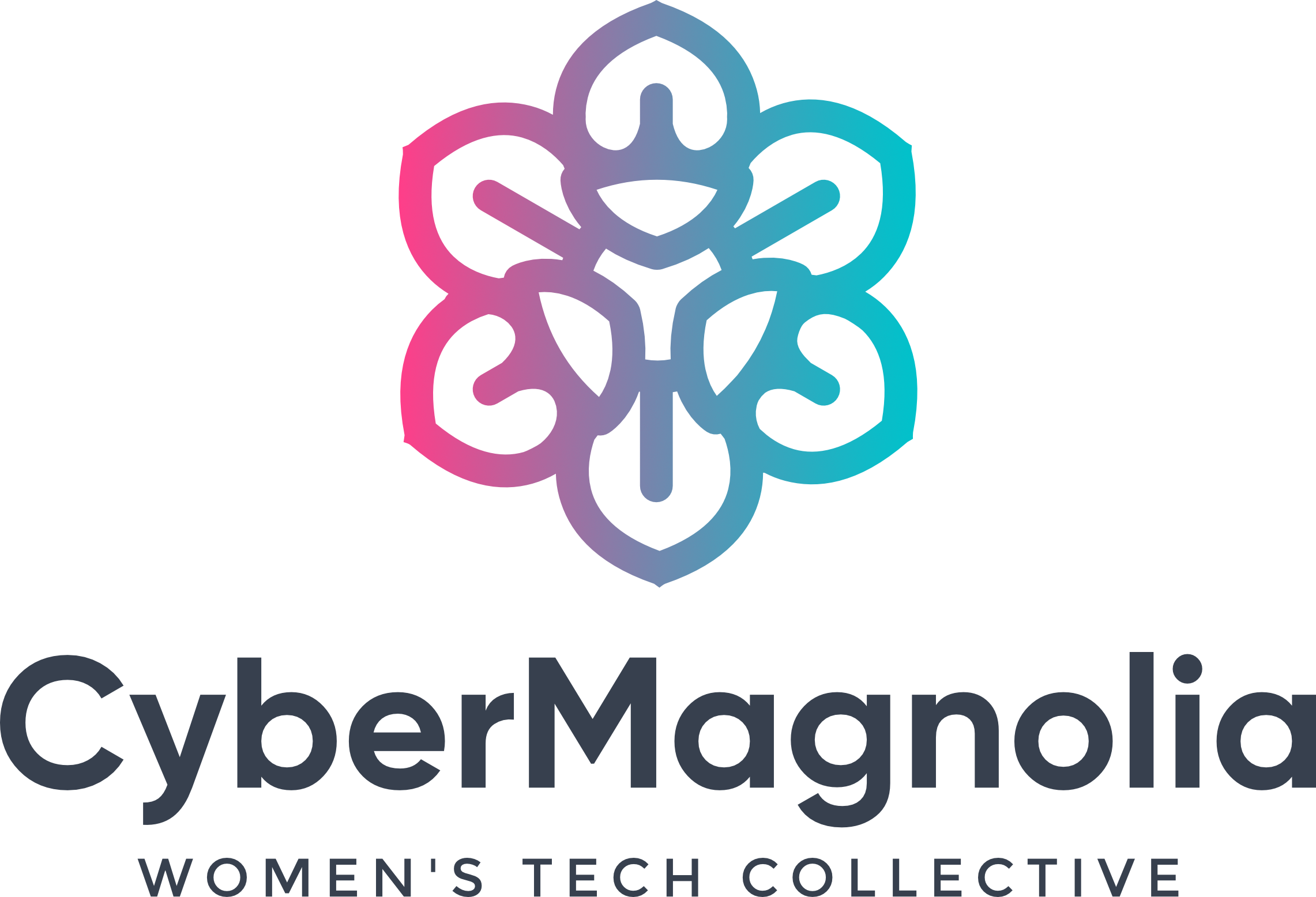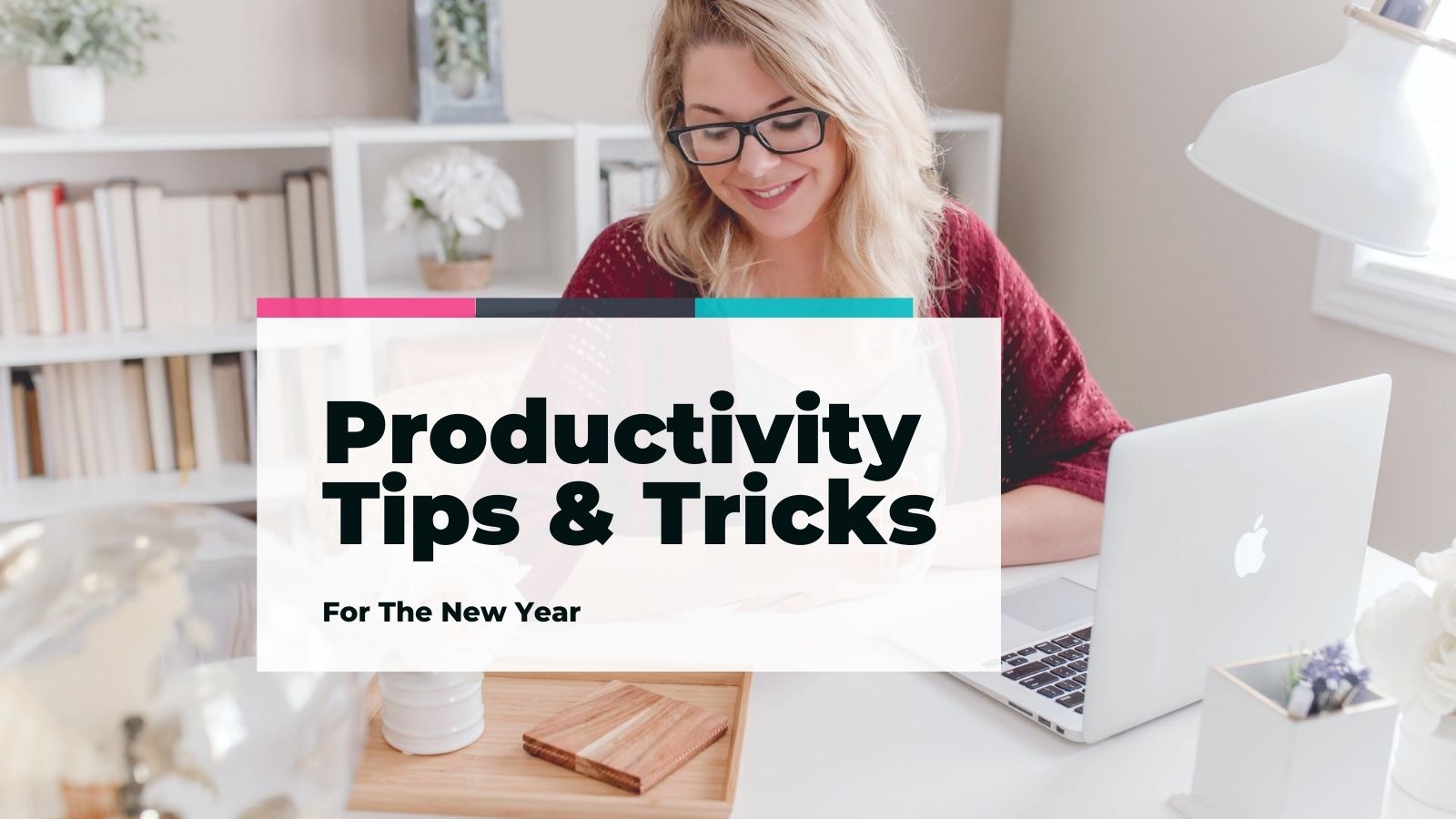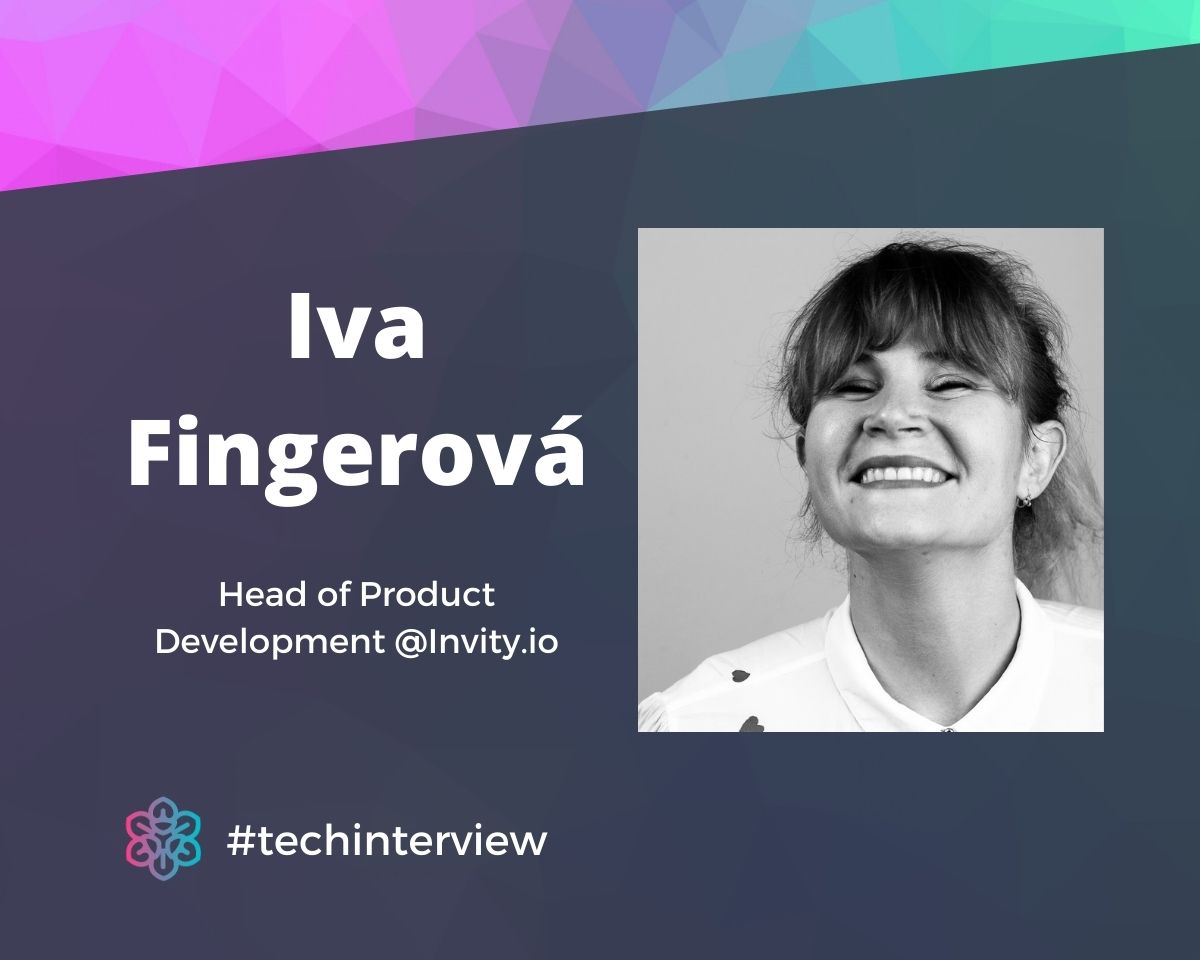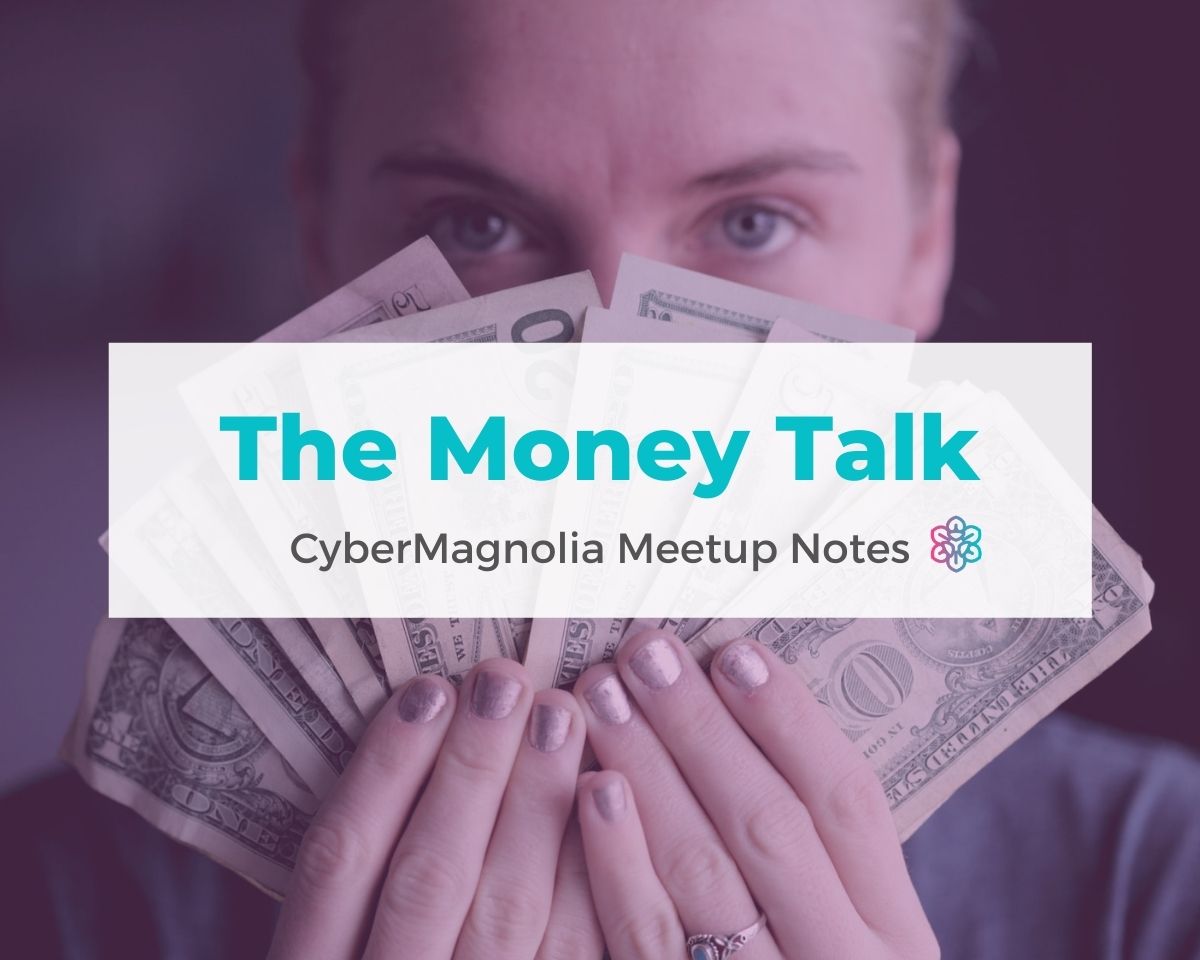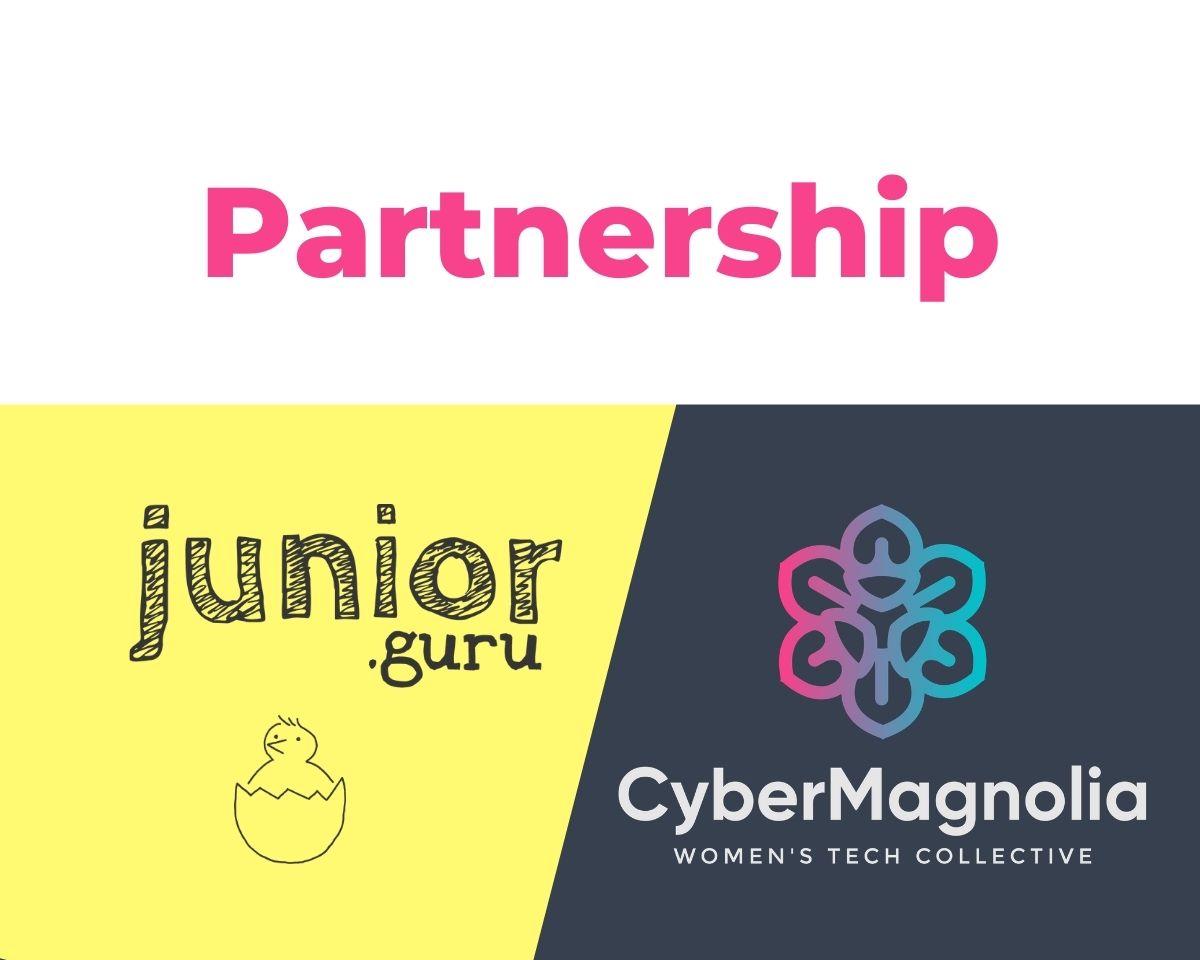Interview With Denisa Lorencova
We have the privilage of kicking-off our interview series with our first guest - Denisa Lorencová
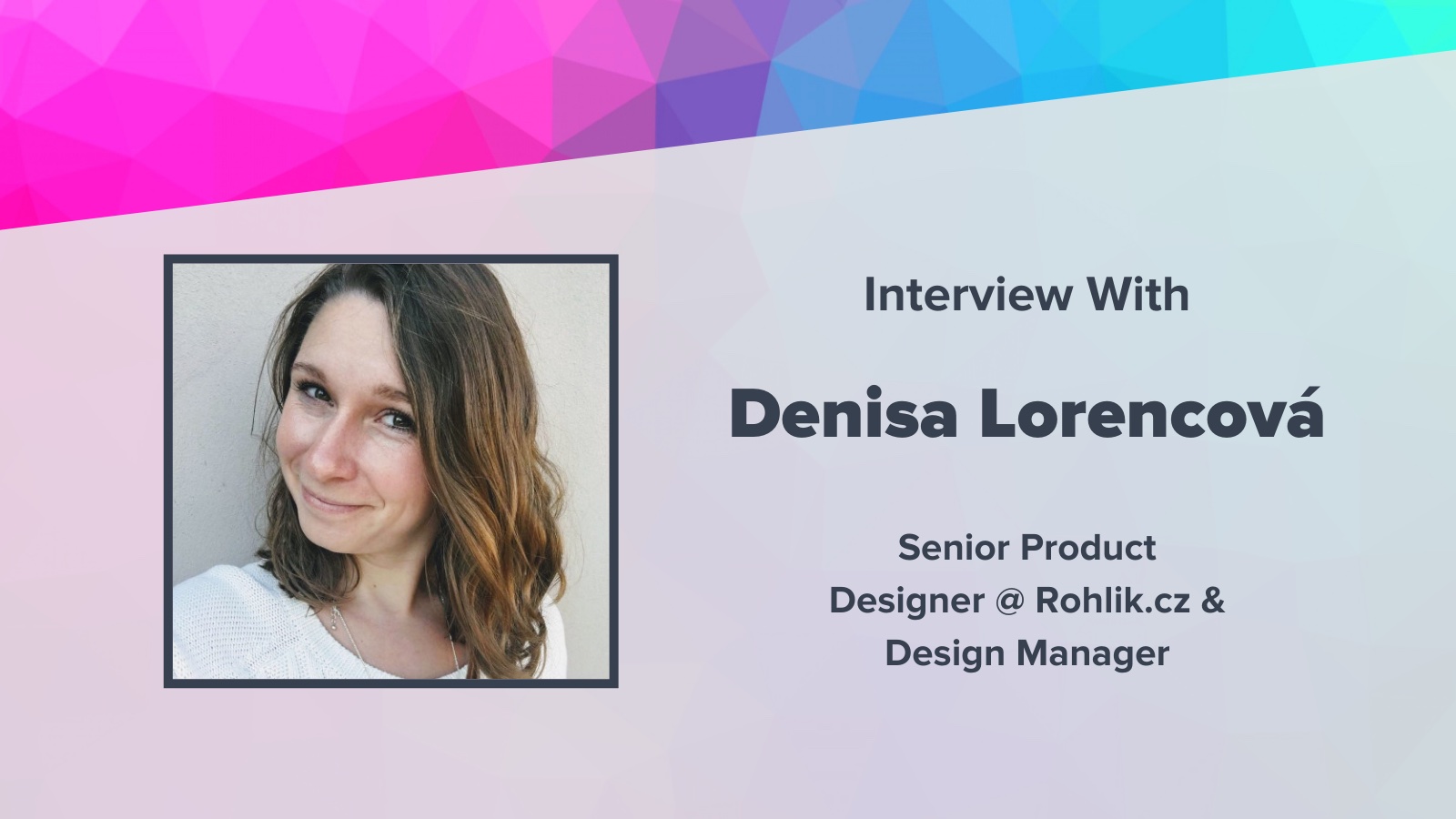
First off, thank you so much for taking the time to answer questions for CyberMagnolia. It’s fantastic to be able to chat with you - I admire how much you’ve achieved professionally, while traveling the world and trying more sports than I’ve heard of! :)
I have to start by asking—also because I’ve promised to a shared friend of ours—what is your secret to time management? How do you manage to pack your life with so many interesting and challenging things?
It’s funny that you ask, because I still consider myself quite a lazy person, but on the other hand also very curious. So it’s all a result of my curiosity sometimes winning over time management. The productivity race that seems to be going on nowadays is not very appealing to me, but I like to work on my priorities instead and try not to chase everything.
While preparing for this interview my colleague noticed that you started your career as a frontend developer, while getting a Bachelor’s degree at the same time. We’re really curious how your journey started—are you self-taught, or did you have formal training? What inspired you to get started as a developer?
Both my parents work in IT, so I had plenty of inspiration at home. When I was four, my dad wrote the first PC “game” for me. The screen was lighting up different colours when I pressed the keys on my keyboard. :-) The first website I created was probably in 6th grade and I was playing around in Photoshop for as long as I remember. So I had quite a big advantage starting early and continuing in that direction was only natural.
After a few years as a developer you pivoted into UX and took on a responsibility as a team lead shortly after. What prompted that change? And what surprised you the most when managing your first teams?
I often found the designs I was asked to code unintuitive and I started looking into ways to improve them. It was around the year of 2010 and It was then when UX started getting into the radar in Czechia, so I jumped right on to that bus.
The first opportunity for managing teams arrived probably a year later, when the team in our agency grew and our founder needed to focus on other responsibilities. What surprised me the most about management is how different it was from being an individual contributor. And how much it suddenly became about interpersonal relationships and different personalities, compared to simply getting the job done.
You’ve reached a point in your career at which you’re a seasoned manager of team leaders, and a mentor to others - also through the Femme Palette program. But what about your own development? Do you have a mentor yourself? Do you have a development path for yourself that you follow, or is it a gut feeling? This question came from a friend of ours who’s been admiring your work from afar while looking for inspirations for her own growth :)
While I never had an official mentor, I always had many great people around me to learn from. The best opportunity for learning for me was always in an open company environment. When you are given an opportunity to grow, where struggle is not held against you, you are encouraged to ask questions and experiment, you progress much faster.
But most of my learning was always self-made. I love problem-solving, so anything I encountered was always just another challenge to tackle. It involved a lot of trial and error, fortunately IT is a very open field and people are always willing to share their experience and help out.
Back then there were no established mentoring networks and organisations, but I think nowadays it’s an amazing way to learn. I’d encourage everyone who wants to grow to go for it if you have the chance - don’t reinvent the wheel if you don’t have to!
What is your thought process when you encounter obstacles in your professional life, experience self-doubt or get stuck in a creative rut? How do you get past them? Do you have any specific tips for dealing with those setbacks?
It would be nice to think that I somehow have a recipe for life, but the truth is that I struggle just as much as anyone. I am quite resilient when trying to find out ways to push through all setbacks, but at some point it’s better to stop and reevaluate. What really helps me, when I get to that point, is to identify what no longer gives me joy in life. And then cut it off. Be it work, past hobbies or different kind of clutter which no longer serves me. Find out what it is that I want now and go from there, with a little bit more clarity. Sometimes this process takes months of a sabbatical, somewhere in South America :-)
Based on my observations most people are primed to avoid failure at any cost. Personally, it took me almost a decade to accept that failure is just a feedback on current course of action, not a judgement of my worth (even if I still struggle to internalize this learning). For that reason I really believe it’s important to shed light on this difficult topic. Can you think of some of the failures that set you up for success later on? And how do you think about failures in general?
This is so true and it is tough, because it’s easy to think that at some point in your career you shouldn’t be failing anymore. But the truth is, if you’re not failing, you’re not experimenting and if you’re not experimenting, you are not moving forward.
So, go ahead and fail. And then get up and do better. :-) And don’t take the failure too seriously, because it’s rarely something you will even remember a few weeks from now.
But to answer that question, I think my biggest failures involved the human factor in leadership. When you’re working with different people you’re prone to encounter some whose communication style and motivations will seem alien to you and you might struggle to find a common ground. If you happen to be their boss, you will be expected to handle the situation gracefully no matter what their approach and that wasn’t always the case.
This taught me that ego is not my friend and that it’s better to be kind, than to be always right. Also it led me to learn more about human personalities. Personally I am a fan of the MBTI model, because it helped me understand others better and improve on my relationships, both professionally and personally.
Are there any mistakes that you’ve seen people make when negotiating their rates or salaries? How do you handle the financial side of your career yourself? How do you evaluate the market value of work, and how do you work towards achieving it? I know that almost everyone is struggling with this process, so I’m trying to fish out tactics from experienced professionals like yourself :)
It comes with the agreeableness trait that is stronger in us, women, that we are often less willing to open the dialog. I have encountered huge discrepancies in salaries within the same company, especially between long-time employees and new hires. It’s absolutely fair and reasonable to ask for a raise if you’re giving good work in and are earning less than the current market rate is, or what you feel you deserve.
If it helps, I never looked down on anyone who came to me asking for a raise. As long as they came with some good arguments, I always tried to find a solution, or at least offer a plan to get there.
In your experience, how does working for a product company differ from working in an agency? What can designers expect when choosing between those types of gigs?
Years spent in an agency were some of the best working years for me, I loved the variety of every day challenges, the opportunity to experience different industries and countries and I gained a lot of insight into different aspects of business. But often I found myself frustrated with the results of the constant time versus quality battle.
Working for a product company now gives me the opportunity to go deeper into things, and actually give the final result the time and effort it deserves. But I would lie if I said that I don’t sometimes miss the intensity and rhythm of an agency :-)
What advice would you give to people starting their careers in UX and Product Design?
Go out, get involved, meet people at conferences and events and don’t be afraid to approach people; no matter how internet-famous. 99% of people will be happy to help and the other 1% aren’t worth stressing over :-)
Thank you for the interview, Denisa!
Bio
Denisa Lorencová is an experienced UX lead with a passion for psychology and technology. She has a solid experience in building and managing cross-functional teams, implementing UX practices and design thinking in an agile environment. Denisa has been also leading workshops and setting and implementing UX strategy for multinational clients.
In and out of work, Denisa loves challenges and trying new things. In the last few years she learned how to sail and kite, went through a surfing and paragliding course, traveled through Central and South America, visited Iceland and Finland and also learned how to dive.
CyberMagnolia is a growing women’s tech collective in the Czech Republic. Our community goes beyond the borders of programming languages, tech stacks or job descriptions. We’re there for each other creating a space in which every member feels confident asking hard questions, seeking advice, and offering to share their knowledge and experience. If you’re one of us — come and join us!
